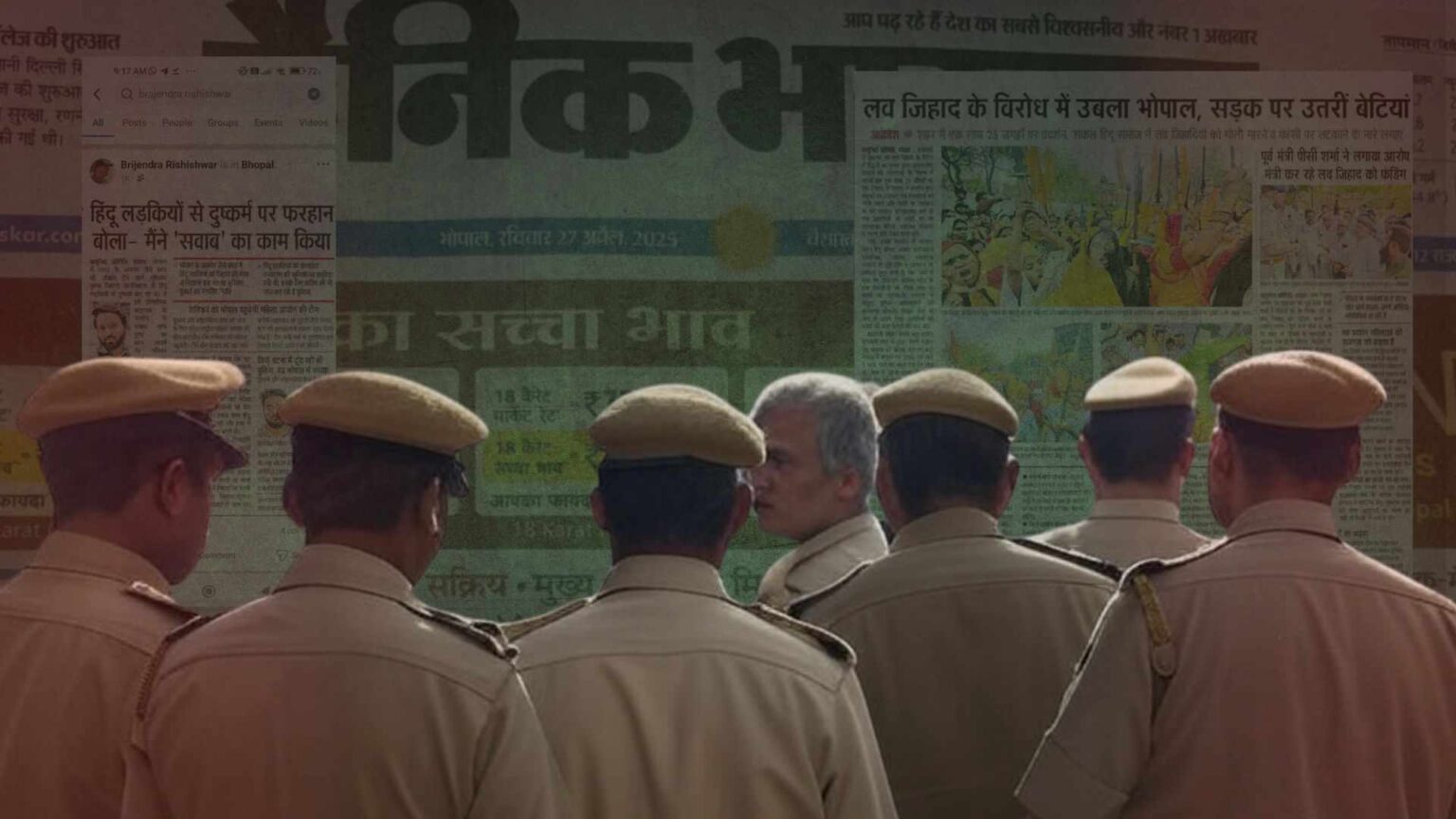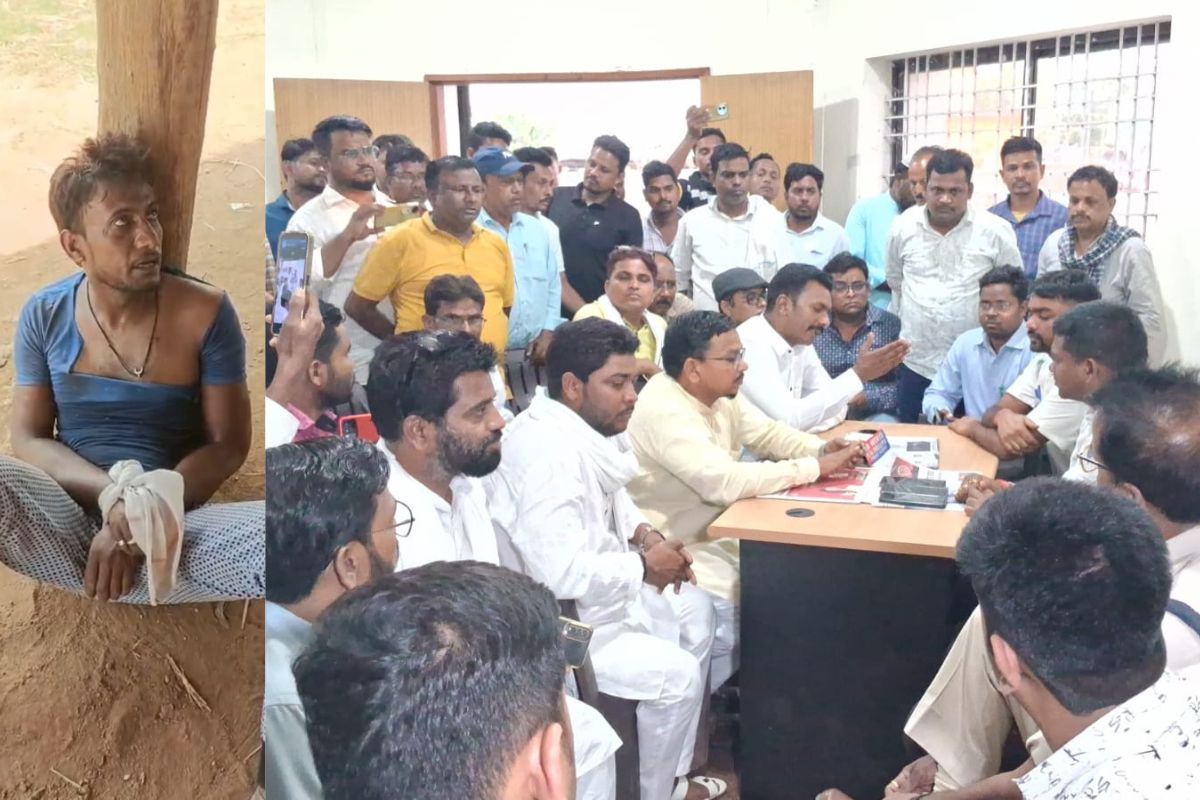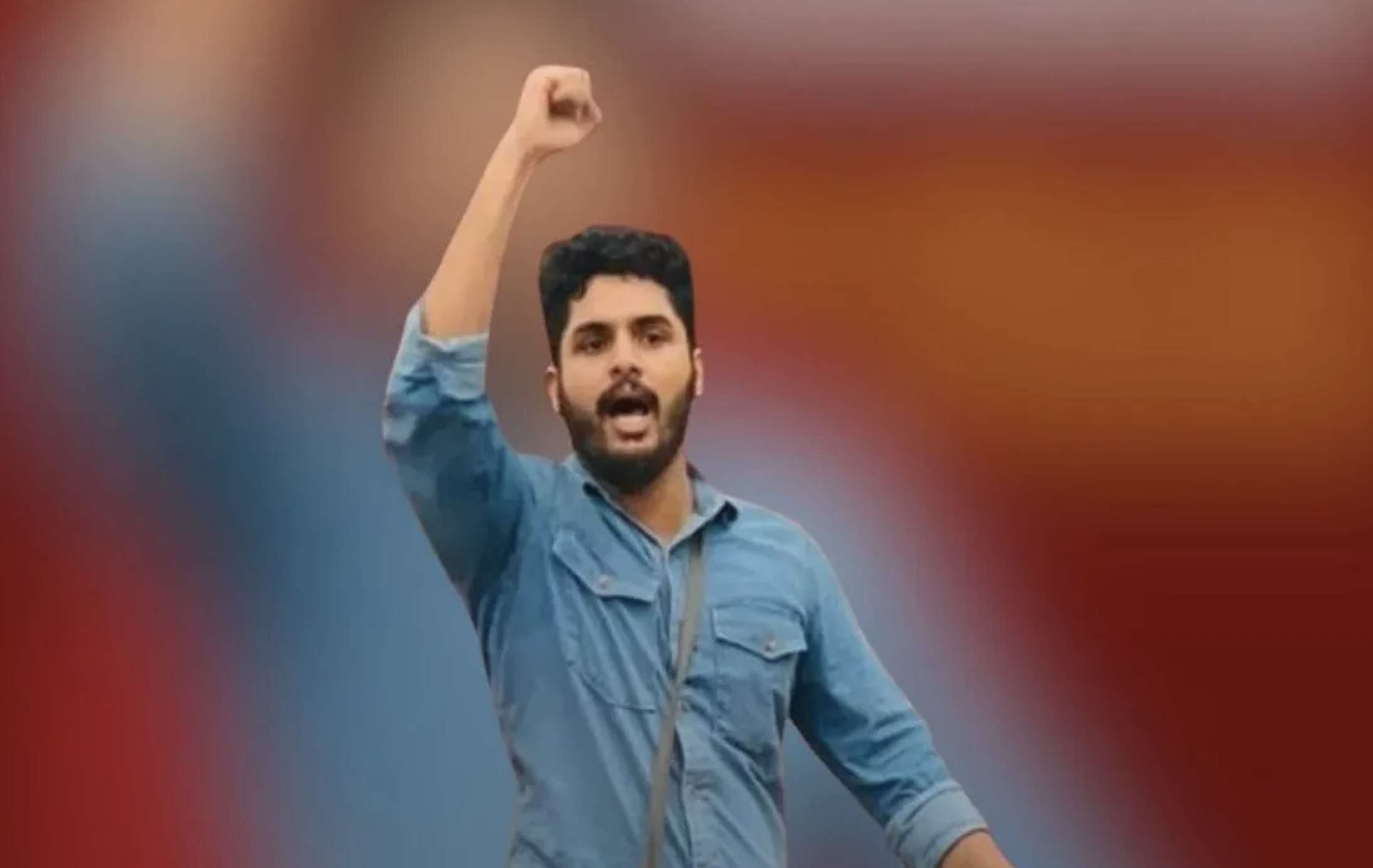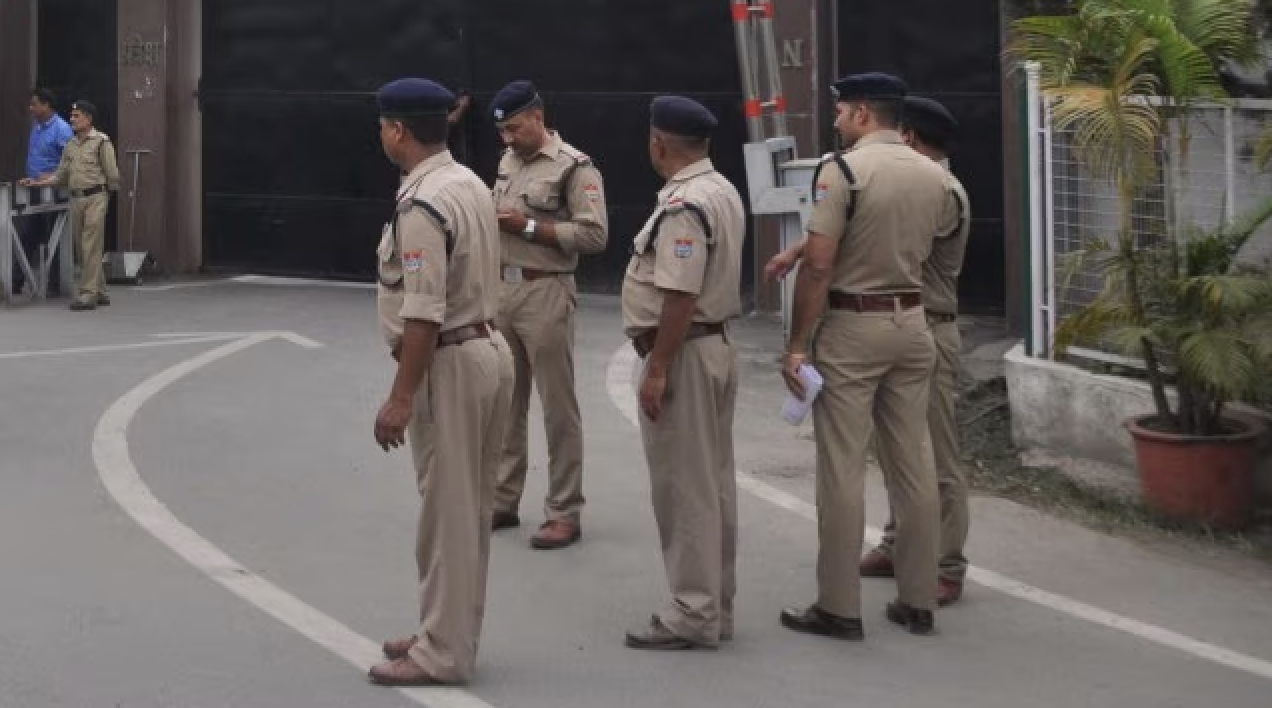
By Revati Laul
A song American pop-jazz artist Billy Joel sang in 1986 makes so much sense now, when we cannot trust anything or anyone. “It’s hard when you’re always afraid, you just recover when another belief is betrayed, so break my heart if you must, ‘coz it’s always been a matter of trust.”
In such times, a book titled Undercover is bound to make you ask who is telling the story, how and where. This is the narrative of a journalist whose work led to the conviction of some of the most heinous criminals who took part in the anti-Muslim violence in Gujarat in 2002. All of his undercover investigations formed part of the court evidence and despite the best attempts of defence lawyers and Hindutva actors of various stripes to discredit and sabotage his work, the evidence stuck and led to convictions. Even if the orders in court were later reversed, the evidence was never successfully challenged. So when Ashish Khetan strung together all his undercover investigations, they tell one unified story.
Mountain of evidence
It’s a difficult story being told, but one that you should get as a handbook to counter the vitriol coming your way with something that cannot be disputed because it’s now court record. It tells you why Khetan and so many other journalists believe that the Gujarat government turned a blind eye or may have been complicit in various ways in letting the mobs ‘do their thing’ and what evidence they are marshalling in support of these claims. It also tells the story of how the courts, the police, various people in investigating agencies have failed us as a people and in what precise ways and with what consequences and how the dots join from those acts of violence, complicity and lies to the Delhi riots of 2020. In telling it as a personal memoir, Khetan makes you feel like you are sitting inside the story, watching the action up close. “…he reached into his drawer and pulled out his licensed revolver…’I always keep this revolver loaded,’ he said. ‘If ever a Tehelka undercover reporter comes in front of me, I will shoot him dead.” The person saying this to Khetan had no idea that he was being filmed secretly by the very journalist from the very organisation he threatens to kill.
Dealing with facts
As a reckoner of how and why we have become a flimsy, barely functioning democracy, this book works well. If you’ve already been keeping track, however, you may find, as I did, that there aren’t any fresh insights. Yes, we know things have come apart and there are various people at various levels that have ‘unwoven’ our fabric, some sat on the ‘un-loom’ and some hacked away at it with scissors. Why did we let that happen, the deeper political questions underlying this unspooling are not addressed. But then, Khetan could argue that they are not meant to be. He deals with facts. The text is plain-speak and does for the present what Ram Guha’s voluminous India After Gandhi did. Both are dry, both are textbook like in their matter-of-factness — ‘this happened and then that.’ You may come away feeling like you wanted some perspective, some insight. The way Romila Thapar’s writing of history offers for instance or the way journalist K.S. Komireddi’s Malevolent Republic does. But that is perhaps an aesthetic preference and there is a place for the unfussy, say-it-as-it-is book, in a world too full of rhetoric and noisy opinion.
I return to the question of trust. That counts above all else. Every last contention in this book is double and triple backed up not just by Khetan himself, but by our courts. As Joel said and Khetan would probably agree, “This time you’ve got nothing to lose you can take it, you can leave it, whatever you choose. I won’t hold back anything, and I’ll walk away a fool or a king.”
This story first appeared on thehindu.com






